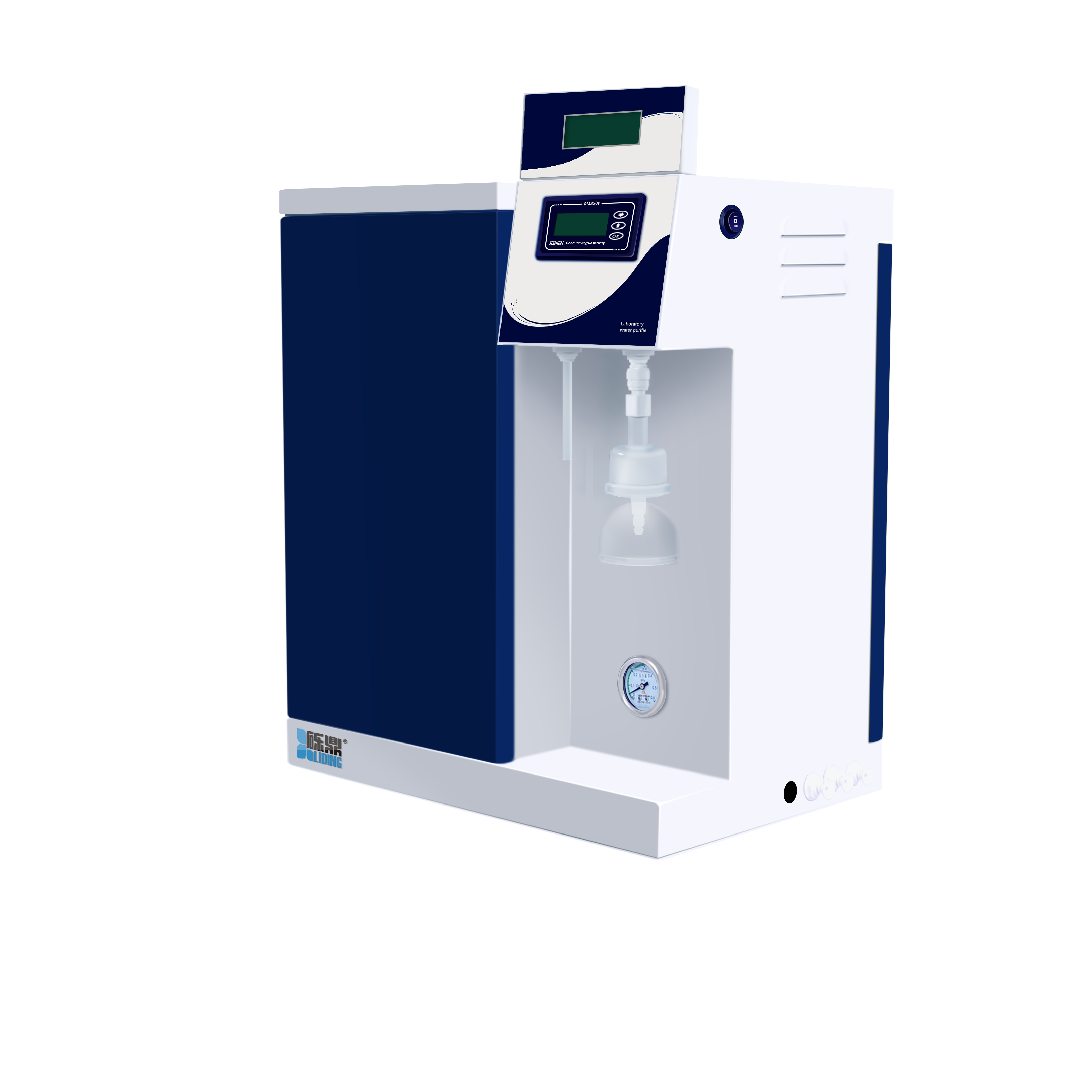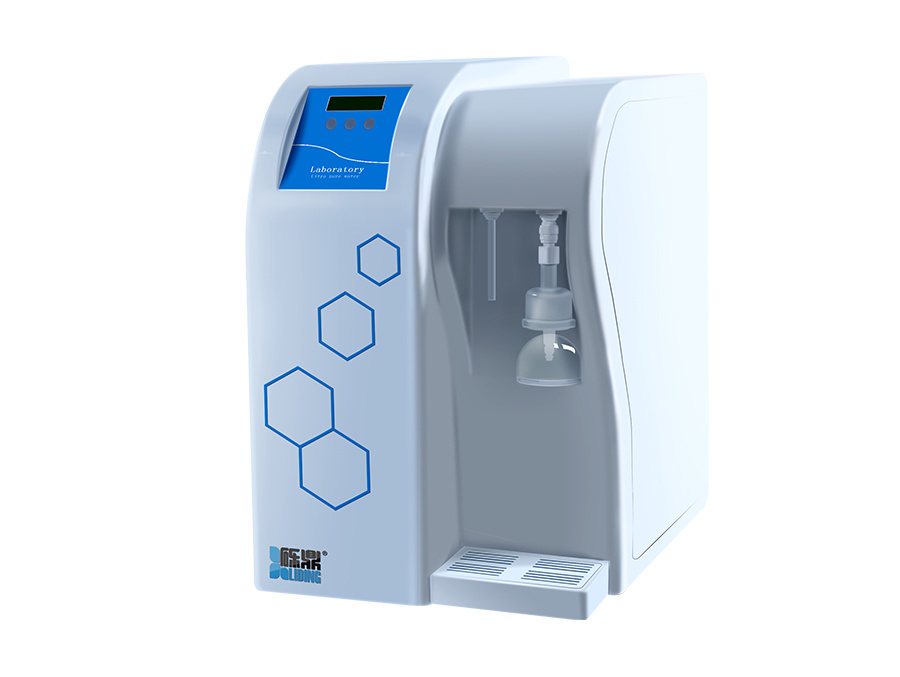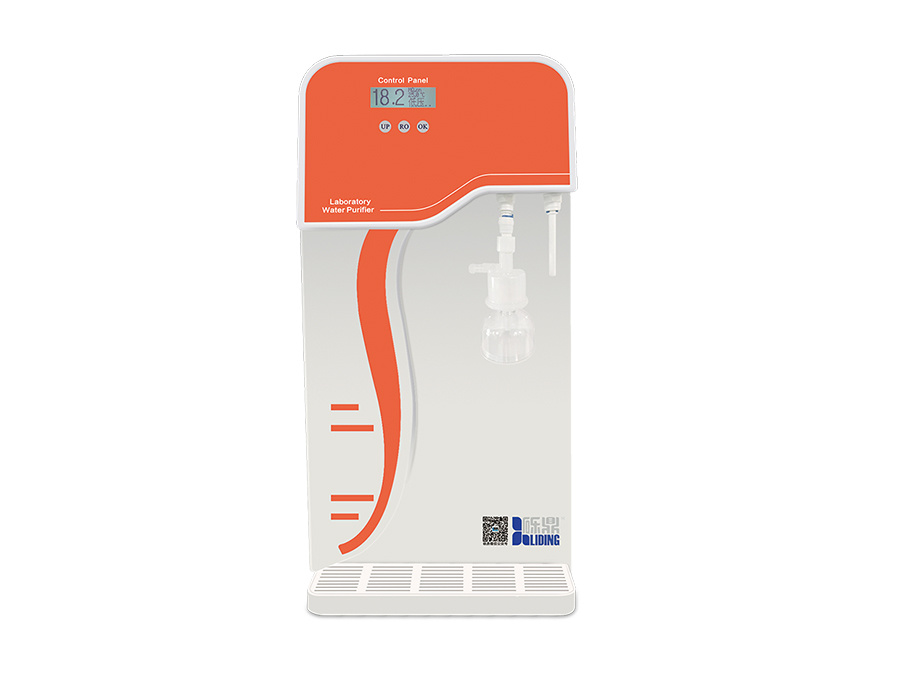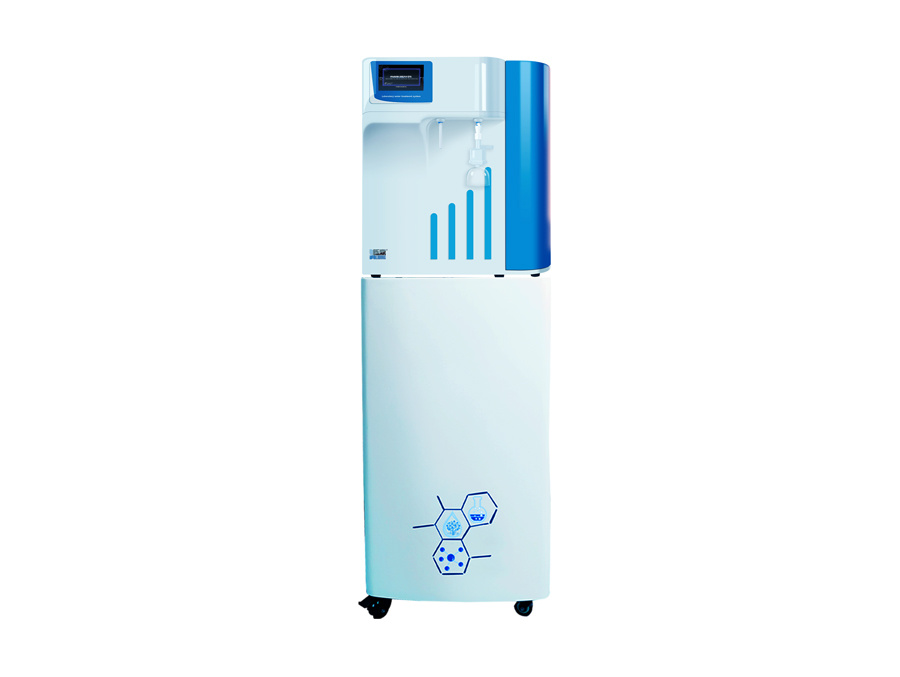Top Ten Ultra Pure Water Treatment Solutions for Your Business
Time:
Jul 05,2025
Top Ten Ultra Pure Water Treatment Solutions for Your Business
In today's competitive business landscape, having access to ultra-pure water is essential for various industries, from pharmaceuticals to electronics. The need for high-quality water treatment solutions has never been more crucial. With increasing regulations and demands for purity standards, businesses are looking for the most effective water treatment systems to meet their needs. In this article, we will explore the top ten ultra-pure water treatment solutions available on the market, their unique features, and how they can benefit your business.
Table of Contents
- What is Ultra Pure Water?
- Importance of Ultra Pure Water in Business
- Top Ten Ultra Pure Water Treatment Solutions
- 1. Reverse Osmosis Systems
- 2. Ultrafiltration Systems
- 3. Distillation Systems
- 4. Deionization Systems
- 5. Electrodeionization Systems
- 6. Microfiltration Systems
- 7. Ozonation Systems
- 8. Activated Carbon Filters
- 9. Nanofiltration Systems
- 10. Water Softening Systems
- How to Choose the Right Ultra Pure Water Treatment System
- FAQs about Ultra Pure Water Treatment
- Conclusion
What is Ultra Pure Water?
Ultra-pure water (UPW) is the highest grade of water, typically used in industries that require extreme cleanliness and a lack of contaminants. This includes sectors like pharmaceuticals, electronics manufacturing, and laboratory research. UPW is free from ions, organic materials, bacteria, and other impurities, making it suitable for use in sensitive applications where even trace amounts of contaminants can lead to failures or defects. Achieving ultra-purity often involves multiple stages of filtration and purification processes.
Importance of Ultra Pure Water in Business
The significance of ultra-pure water in business operations cannot be overstated. In sectors like pharmaceuticals, water is a critical ingredient in drug formulation, and any impurity can jeopardize product safety. Similarly, in electronics manufacturing, ultra-pure water is essential for cleaning components without leaving residues that could affect functionality.
Moreover, as environmental regulations tighten, businesses are compelled to adopt advanced water treatment solutions to reduce their ecological footprint while maintaining product quality. Thus, investing in ultra-pure water systems not only enhances product integrity but also aligns with sustainability goals.
Top Ten Ultra Pure Water Treatment Solutions
1. Reverse Osmosis Systems
Reverse osmosis (RO) systems are among the most effective methods for producing ultra-pure water. They use a semi-permeable membrane to remove up to 99% of dissolved salts, organic molecules, and larger particles. This method is highly efficient and can be utilized in both large-scale industrial applications and smaller setups. RO systems are particularly beneficial for their low energy consumption and minimal chemical usage.
2. Ultrafiltration Systems
Ultrafiltration (UF) systems employ a membrane with larger pores than RO, allowing only water and small solutes to pass through. This system is excellent for removing suspended solids, bacteria, and viruses. Although it doesn't remove dissolved salts as effectively as RO, UF can be used as a pre-treatment step in multi-stage purification processes, enhancing the overall efficiency and lifespan of subsequent systems.
3. Distillation Systems
Distillation is a time-tested method of water purification that involves boiling water to create steam, which is then condensed back into liquid form. This process effectively removes a wide range of contaminants, including salts and heavy metals. While distillation may require more energy than other methods, its ability to produce high-purity water makes it valuable in industries where even the slightest impurity could cause significant issues.
4. Deionization Systems
Deionization systems use ion exchange resins to remove charged particles (ions) from water. This method is particularly effective for achieving ultra-pure water with extremely low conductivity levels. Deionized water is often used in laboratories and manufacturing where ionic contaminants could interfere with experiments or processes.
5. Electrodeionization Systems
Electrodeionization (EDI) combines ion exchange and electrical processes to purify water continuously. EDI systems are ideal for producing high-purity water without the need for chemical regenerants, making them more environmentally friendly. This technology is increasingly popular in industries requiring consistent water quality, such as pharmaceuticals and power generation.
6. Microfiltration Systems
Microfiltration (MF) systems employ membranes with pore sizes that can effectively remove particles as large as 0.1 to 10 microns. This method is highly efficient for separating suspended solids and microorganisms from water. While MF is often used as a pre-treatment step before RO or UF, it can also be used for direct filtration in less demanding applications.
7. Ozonation Systems
Ozonation involves using ozone gas to oxidize and break down contaminants in water. This method is particularly effective for disinfection and removing organic pollutants. Ozonation is often employed in conjunction with other treatment methods to enhance overall effectiveness and reduce the reliance on chemical disinfectants.
8. Activated Carbon Filters
Activated carbon filters are widely used for removing chlorine, volatile organic compounds (VOCs), and other impurities through adsorption. These filters can effectively improve the taste and odor of water, making them popular in both residential and commercial applications. While they may not achieve ultra-pure standards on their own, they serve as an excellent adjunct to other purification technologies.
9. Nanofiltration Systems
Nanofiltration (NF) is a membrane filtration process that operates between reverse osmosis and ultrafiltration. NF systems can effectively remove divalent and larger monovalent ions, making them suitable for applications requiring partial desalination or water softening. This technology is gaining traction in various industries due to its versatility and cost-effectiveness.
10. Water Softening Systems
Water softening systems remove hardness minerals, primarily calcium and magnesium, from water. By using ion exchange or other methods, these systems help prevent scale buildup in pipes and machinery, improving the efficiency and lifespan of equipment. While not a standalone solution for ultra-pure water, water softening is essential in applications where hard water could be problematic.
How to Choose the Right Ultra Pure Water Treatment System
Selecting the appropriate ultra-pure water treatment system for your business involves several key considerations:
- Application Requirements: Understand the specific purity levels required for your industry and applications.
- Space Constraints: Evaluate available space for installation, as some systems may require more room than others.
- Budget: Assess the total cost of ownership, including installation, maintenance, and operational costs.
- Maintenance Needs: Consider the frequency and complexity of maintenance required for various systems.
- Regulatory Compliance: Ensure that the chosen system meets industry regulations and standards.
FAQs about Ultra Pure Water Treatment
1. What is the difference between purified water and ultra-pure water?
Purified water is treated to remove impurities but may still contain trace contaminants, while ultra-pure water undergoes extensive purification processes to eliminate virtually all impurities, making it suitable for sensitive applications.
2. How often should I replace filters in a water treatment system?
Replacement frequency depends on the specific system and its usage. Regular monitoring of water quality and system performance can help determine the optimal replacement schedule.
3. Can I use multiple water treatment systems together?
Yes, many businesses use a combination of systems to achieve the desired water quality. For example, ultrafiltration may precede reverse osmosis for enhanced efficiency.
4. What are the main applications of ultra-pure water?
Ultra-pure water is primarily used in pharmaceuticals, electronics manufacturing, laboratory research, and food processing, where high purity is critical.
5. Are there any environmental concerns related to ultra-pure water treatment?
While ultra-pure water systems can have a significant ecological footprint, technologies like electrodeionization and ozonation are designed to minimize chemical usage and waste generation, contributing to environmental sustainability.
Conclusion
Investing in ultra-pure water treatment solutions is essential for businesses striving for quality and compliance in their operations. By exploring the top ten systems outlined in this article, you can identify the best options for your specific needs. Each system offers unique features and benefits, ensuring that you can achieve the purity necessary for your industry. Making an informed decision will not only enhance your operational efficiency but also contribute to your sustainability efforts, positioning your business for success in an increasingly quality-conscious market.








